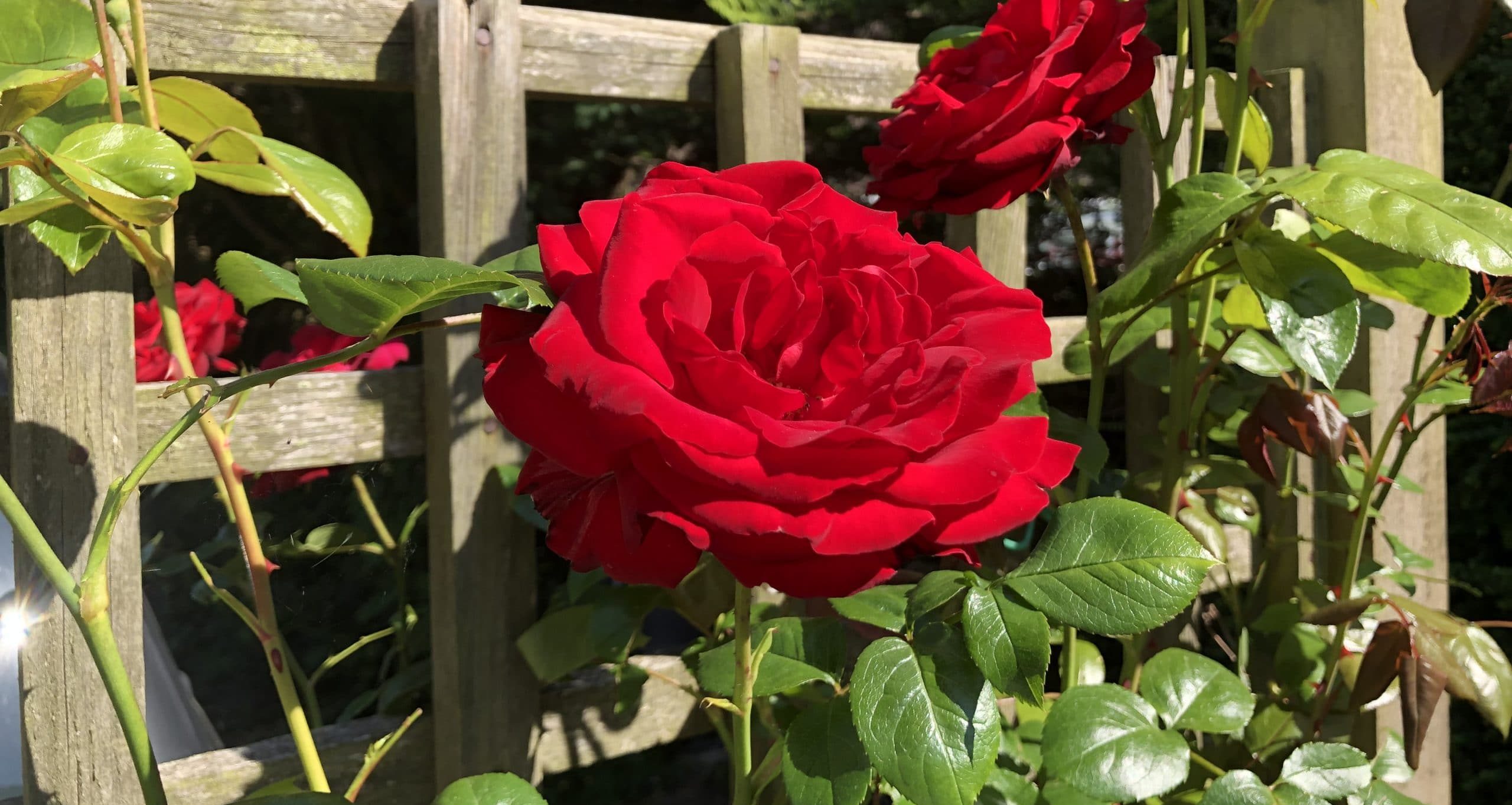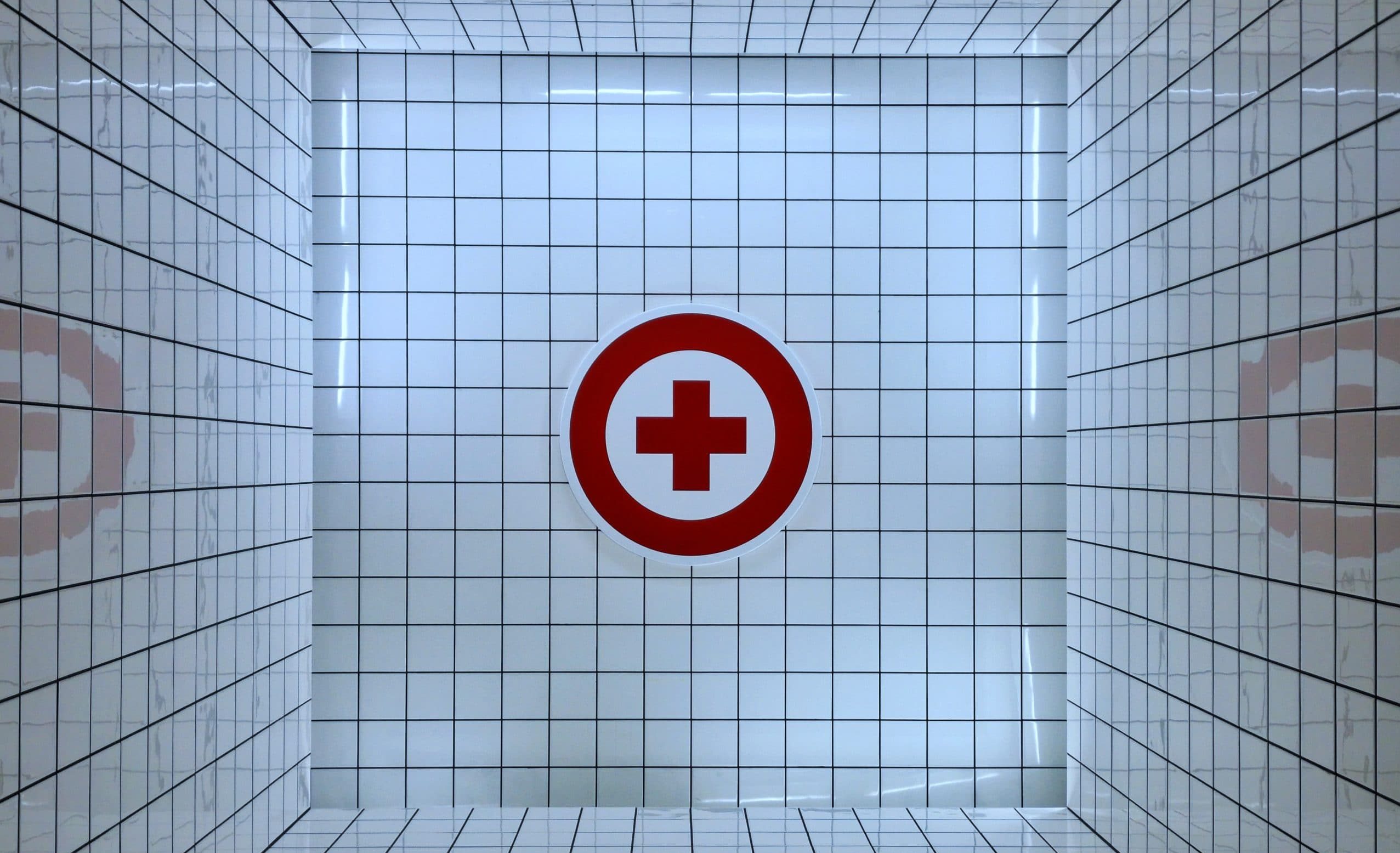Paul McNamara is a GP in Glasgow and honorary clinical lecturer at the University of Glasgow. He has an interest in research and medical education. He is the author of two books; Case-based Discussions in Medicine, and Mastering Medical Exams.
Tanvi Cheetirala is a 3rd year medical student at the University of Glasgow who hopes to pursue a career in general practice.
I met an old school friend last week. ‘What are you up to these days?’ he asked. ‘I’m a doctor now’, I coyly replied. Looking impressed, he asked, ‘what did you specialise in?’
In that moment, a dark cloud descended and a deluge of vitriolic media headlines bashing GPs filled my mind.
Oh $%*&! (rude word of your choice)
I blushed a little and replied, ‘I specialised in family medicine and primary care.’ ‘Very impressive’ replied my old friend. Following a discussion on the complexities of modern primary care, he replied, ‘Oh, so you’re just a GP then’…
Oh, so you’re just a GP then…
Primary care is a challenging and evolving speciality. We are increasingly dealing with patients who present with complex multi-morbidity and varied constellations of symptoms that we need to masterly unravel with limited time and resources. We provide continuity of care for our patients and need to be experts in all aspects of primary care and family medicine from paediatrics, through every organ system, to managing polypharmacy, frailty, and end of life care. We investigate, diagnose, treat, and coordinate multi-faceted aspects of our patients’ care. Truly cradle to grave. This is why I love my job! However, are we often thought of as less able and qualified than our hospital consultant colleagues? How many times have we said or heard ‘just a GP’?
The pandemic has created unique challenges for primary care.1 The profession has been on the receiving end of constant negative press and social media commentary. Morale is low. Real low. It’s so difficult to do a job you love, when you are constantly being belittled and construed as work shy, lazy, and less able than our esteemed hospital colleagues. I didn’t get into medicine for praise and platitudes, but I never in my wildest dreams expected abuse. My working day increasingly involves caring for patients who have had operations cancelled or secondary care appointments postponed. Patients are understandably frustrated, but not one has complained that these delays are due to lazy doctors in the big shiny hospitals sitting twiddling their thumbs; patients understand the pressure they are under. Yet this respect and understanding isn’t translated to their humble GP. I have always been proud of my profession, but recent tabloid abuse slating GPs, mean2,3 I’ve been reluctant to tell people what I do for a living for fear of ridicule. Just the other day, whilst at the gym, an acquaintance there asked facetiously if I spent my day ‘doing crosswords’, a testament to the continued public perception that general practice has been closed.4,5 If only my friend, if only. Actually, in hindsight, maybe he thought I was an anaesthetist. I wanted to say ‘I spend my days trying my best and treating never-ending lists of patients who all have complex multi-morbidity and unrealistic expectations in a broken system’, but instead I deflected, nodded and moved on. Another little chip in the armour. Isolated comments are easy to ignore, but the constant barrage takes its toll.
It seems I am not alone in these experiences. Social media GP groups have been awash with similar stories and personal accounts of abuse and perceived lack of respect.6
This got us thinking; what’s in a name? Would my gym buddy have spoken to a consultant the same way?
This got us thinking; what’s in a name? Would my gym buddy have spoken to a consultant the same way?
We asked our colleagues what they thought via an informal survey advertised to GP groups on social media. 401 colleagues responded. The results make for some interesting reading.When asked, ‘Do you think the public perceive the professional status and qualifications of GPs as inferior to that of hospital consultants?’ an overwhelming 95% sadly said yes. A disheartening 94% felt hospital colleagues and other health professionals perceived the professional status and qualifications of GPs as inferior to consultants.
Lack of Perceived Specialisation
Despite at least 10 years of training including 3 years of specialist GP training, GPs are not recognised as specialists in the UK. This is in contrast to Canada, Australia and many EU countries. In 2019, the RCGP and BMA called for the recognition of GPs as specialists, and this has been recognised by the GMC, but change is yet to occur.
Solutions and the Future – is it time to rebrand general practice?
UK general practice is experiencing a crisis in recruitment and retention at a time of unprecedented demand. Real meaningful change is needed to turn the tide of low morale and the perceived low status of GPs.7,8 Would a change in our title be a step in the right direction? The vast majority of our responders thought so.
When asked if they would support a change in title from GP to consultant in primary care or family medicine consultant (or similar), there was overwhelming support with 90% in favour of this change. Many felt this would reflect the evolving role of GPs and acknowledge them as experts in family medicine and primary care. 72% also felt strongly that the title change would help improve the current GP recruitment crisis.
General practice is on a knife edge. Real, meaningful changes are needed to avoid a mass exodus of GPs for pastures new.
Perhaps changing our title to reflect our expertise in family medicine, could be a one of a number of essential measures to improve public and professional perceptions,9,10,11 or maybe, ‘a rose by any other name would smell as sweet‘ after all?
References
- https://arc-w.nihr.ac.uk/news/how-gps-coped-with-the-rapid-shift-to-remote-consultations-to-reduce-the-risk-of-covid-19/
- https://www.bma.org.uk/news-and-opinion/cornered-gps-under-attack
- https://www.rcgp.org.uk/about-us/news/2021/september/chronic-shortage-of-gps-is-the-reason-patients-are-facing-long-waiting-times-for-appointments.aspx
- https://www.gponline.com/gps-face-unfair-burden-layers-regulation-government-admits/article/1700972
- https://www.pulsetoday.co.uk/news/workload/gps-call-on-hospital-colleagues-to-stop-perpetuating-myth-gps-are-lazy/
- https://www.gponline.com/working-general-practice-like-pelted-rocks-mps-told/article/1748435
- https://bjgp.org/content/69/679/e146
- https://bmjopen.bmj.com/content/7/11/e018520
- https://www.rcgp.org.uk/policy/rcgp-policy-areas/gps-as-specialists.aspx
- https://www.pulsetoday.co.uk/views/regulation/should-gps-be-registered-as-specialists/
- https://www.independent.co.uk/news/health/gps-poorer-health-inequalities-england-b1903890.html.
Featured image: Red rose, by Andrew Papanikitas 2020








